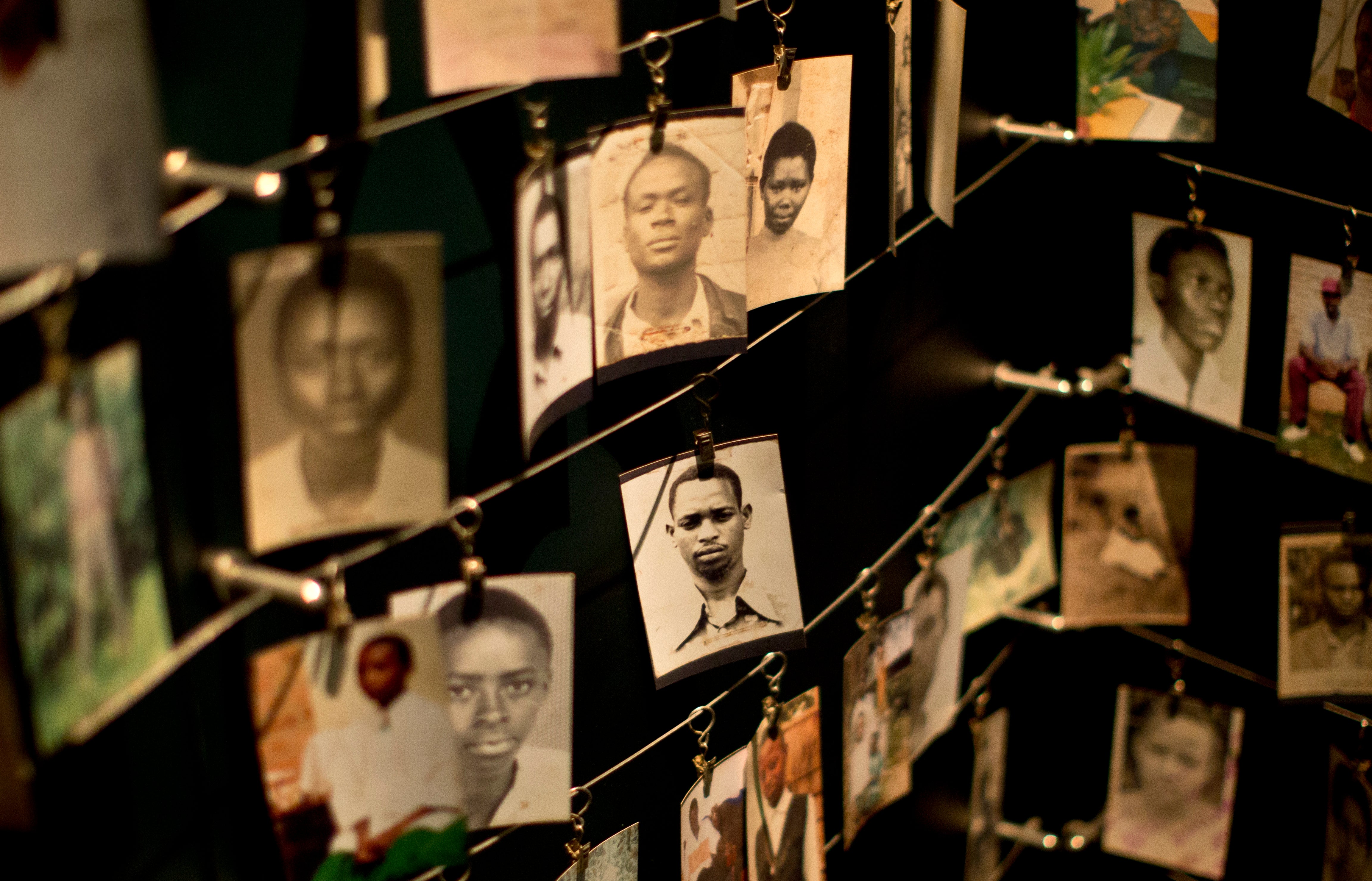Rwandan genocide survivors describe the 1994 mass killings at a Paris trial
Rwandan genocide survivors have told their testimonies at a Paris court where a former doctor is on trial for his alleged role in the 1994 mass killings of more than 800,000 minority Tutsis and moderate Hutus who tried to protect them

Your support helps us to tell the story
From reproductive rights to climate change to Big Tech, The Independent is on the ground when the story is developing. Whether it's investigating the financials of Elon Musk's pro-Trump PAC or producing our latest documentary, 'The A Word', which shines a light on the American women fighting for reproductive rights, we know how important it is to parse out the facts from the messaging.
At such a critical moment in US history, we need reporters on the ground. Your donation allows us to keep sending journalists to speak to both sides of the story.
The Independent is trusted by Americans across the entire political spectrum. And unlike many other quality news outlets, we choose not to lock Americans out of our reporting and analysis with paywalls. We believe quality journalism should be available to everyone, paid for by those who can afford it.
Your support makes all the difference.Bullets flew. Then men with machetes and clubs burst into a convent where people had found refuge, killing almost all the boys and men.
Angélique Uwamahoro was 13 at the time of the 1994 genocide in Rwanda. She said she had to walk through the bodies to survive.
Three decades later, she told her story on Tuesday at a Paris court where a former doctor is on trial for his alleged role in the mass killings of more than 800,000 minority Tutsis and moderate Hutus who tried to protect them.
The dead included some of Uwamahoro's family members. She said she came to court to “seek justice for my people, who died for who they were.”
The accused is Eugène Rwamucyo, a 65-year-old former doctor who is charged with genocide, complicity, crimes against humanity and conspiring to prepare those crimes. He has denied any wrongdoing.
If found guilty in the trial that started this month and is scheduled to end next week, Rwamucyo is facing life in prison.
Several witnesses traveled to Paris and gave graphic descriptions of the killings.
On Monday, another survivor, Immaculée Mukampunga, described attacks on Tutsi civilians who had gathered at a seminary. “They attacked us, using the same method: first the machete on top of the head, then the throat, then the ankles," she said.
She said she hid her children, aged 5 and 6, by covering them with bodies.
"I put blood on me, on the children too, so that they would believe we were dead,” she said.
Antoine Ndorimana was 9 when the genocide started. He told the court he had been hiding with his family in a church when they were found.
“Those with machetes and clubs started hitting people. Some slit their ankles, others their throat ... And then they stayed to see if anyone was still alive,” he said. He had been struck by a club but tried to stay still.
The next day, Ndorimana saw men putting bodies and wounded people in mass graves. He said he was almost buried alive in one but managed to escape.
The defendant, Rwamucyo, is accused of spreading anti-Tutsi propaganda and supervising operations to bury victims in mass graves, the prosecution said.
The former doctor said his role in mass-grave burials was motivated only by “hygiene-related” considerations and denied survivors were buried alive.
This is the seventh trial related to the genocide, involving eight Rwandan nationals, that has come to court in Paris, all in the past decade.
In December, another doctor, Sosthene Munyemana, was found guilty of genocide, crimes against humanity and helping prepare a genocide and sentenced to 24 years in prison. He has appealed.